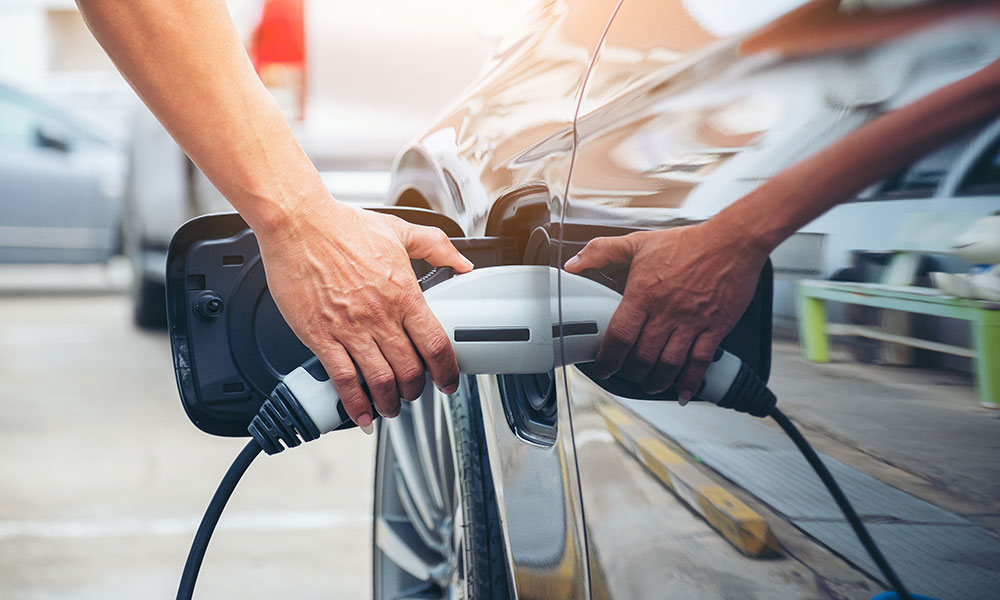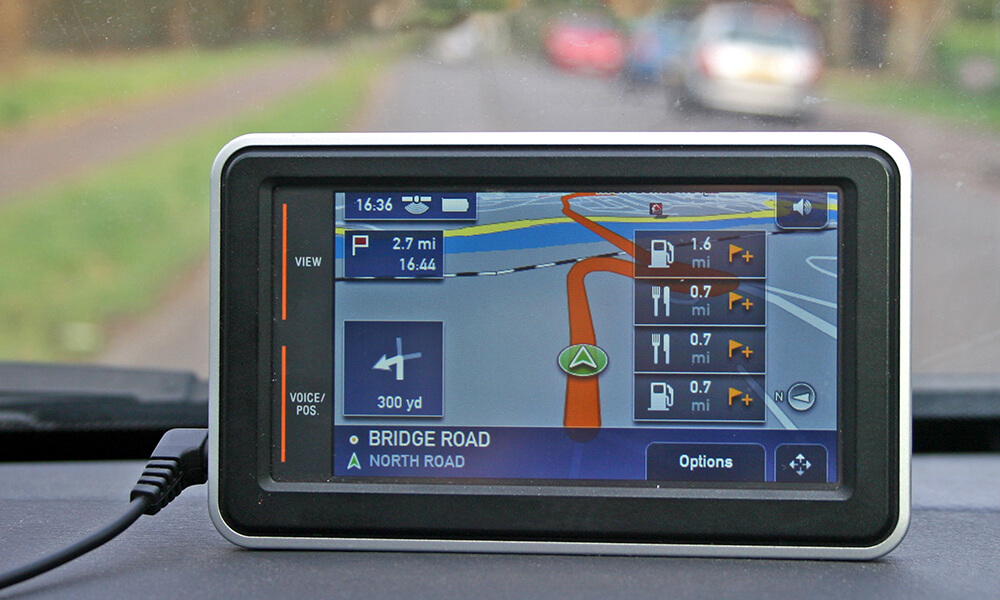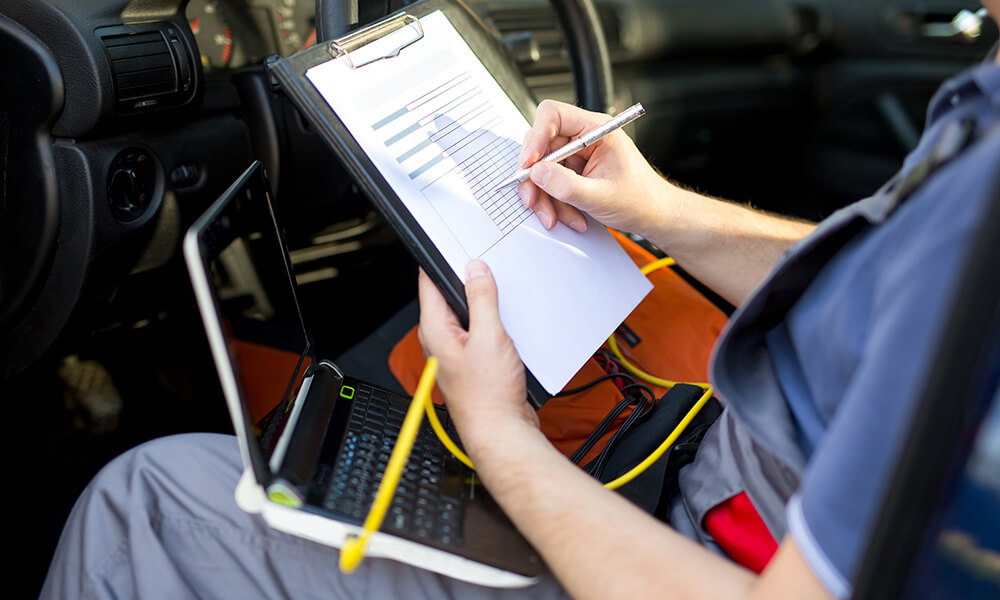The ultimate guide to buying an electric vehicle

Getting to know electric vehicles
Recent years have seen the rise in electric vehicles on the roads in Britain, as the technology improves and EVs become cheaper, capable of travelling further and charging faster. Not only that, but with the upcoming changes in legislation regarding the phasing out of internal combustion engine (ICE) vehicles, coupled with environmental concerns, an increasing number of drivers have begun to look towards greener solutions as a means of travelling.
Inevitably, if you’re living in the UK and presumably want to buy a new car, your only option will eventually be an electric vehicle. But for now, if you’re in the process of swapping to an EV or unsure whether it’s the right time for you, this guide will take you through what to expect and what to look out for.
Before you dive (or drive) into the world of electric vehicles, it can be beneficial to have a quick look through some of the acronyms you may encounter; we’ve listed some of the more common ones associated with electric vehicles below.
What are the types of electric cars available on the market?
With so many options available on the market, it can be daunting when faced with variations that are only summed up in a jumble of letters, especially if you’re in unfamiliar territory. Once you know what you’re dealing with and the differences between the types of electric cars, making the decision that’s right for you is all that easier.
ICE (International combustion engine)
ICE refers to the combustion engine that you’ll find in your typical car. Reliant on fossil fuels such as petrol or diesel, if you’re reading this guide, chances are your vehicle has an ICE.

EV (Electric Vehicle)
An electric vehicle is one that runs on electricity, whether that’s fully or partially. EV is used as an overarching term to include all vehicles that run on electricity.
BEV (Battery electric vehicle)
EV’s that run purely on electricity are occasionally referred to as BEV’s because of their sole reliance on their batteries.
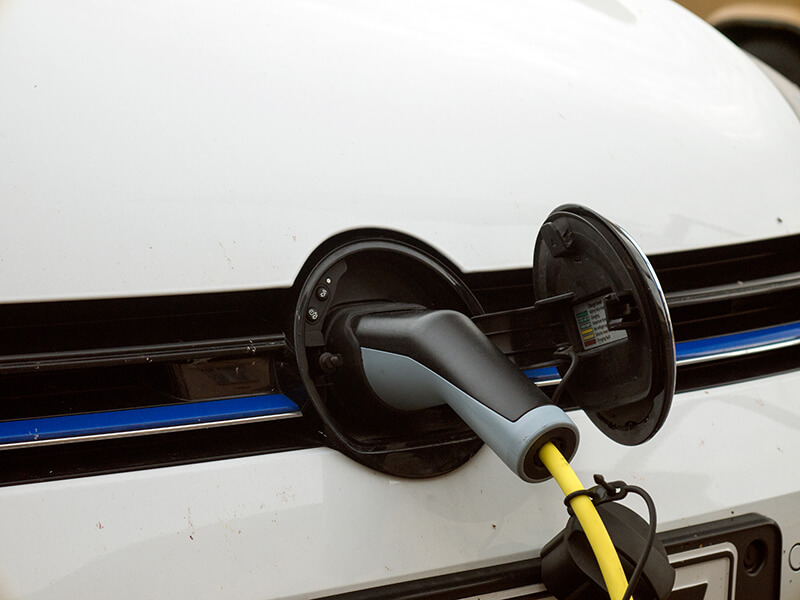
HEV (Hybrid electric vehicle)
Hybrid vehicles run on the combination of an internal combustion engine and an electric battery. Unlike most electric cars, HEV’s are capable of charging their batteries by capturing the kinetic energy used in braking. The electric battery can only solely fuel the vehicle for a short while before the ICE has to take over.
PHEV (Plug-in hybrid electric vehicle)
Plug-in hybrids take on HEV’s technology and expand the battery range to give drivers further distance before they need to rely on the ICE.
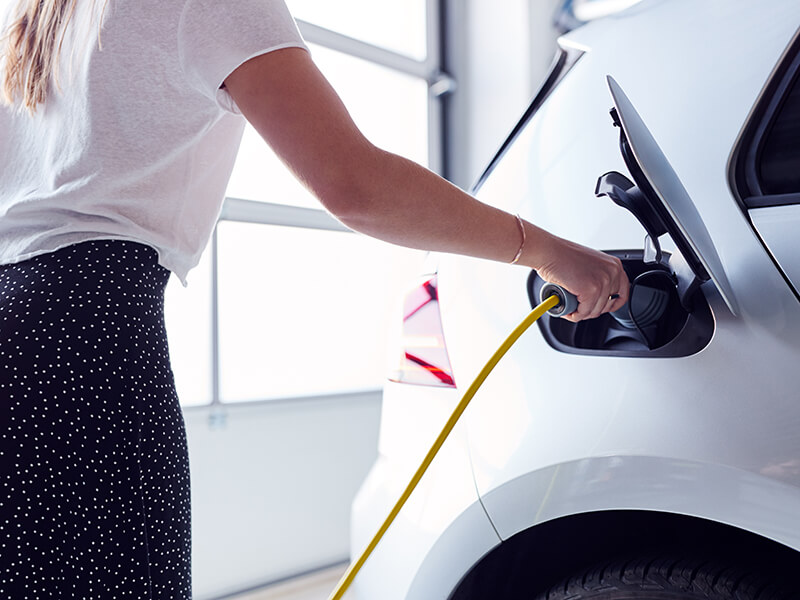
MHEV (Mild hybrid electric vehicle)
Mild hybrids are very similar to other hybrid vehicles, except their batteries are much smaller and aren’t relied on for driving. Instead, MHEV’s use their batteries to tick away in the background and help the ICE perform more economically.
RE-EV (Range extender electric vehicles)
With the relative limitations of electric vehicles, some come with range extenders or alternative means of carrying fuel. More often than not, this comes in the form of an ICE, though with advances in technology and an increase in the number of charging stations, the need for range extenders are increasingly redundant.
What to look for when buying an electric car
Before purchasing your electric car, it’s essential to consider how you’ll use your vehicle. Like all cars, EV’s come in a range of styles and functions, designed to cover various needs of road users. Your car has to suit the lifestyle of you and your household.
Going the distance
Aside from the easy to answer questions such as “how many seats do I need?” knowing how far you need to travel on an average day can be important too. If your daily commute falls short of 30 miles, you should be able to manage the week on a full charge. However, if you’re travelling further afield, and long journeys are part of your day today, you might be best looking for a vehicle with a longer range.
Close to home
If you don’t have access to a parking spot that would allow you to charge while you sleep, it’s still more than possible to go electric. There are a rapidly increasing number of public charging points across the UK, with the number rising almost daily. With over 47,000 charging connectors in nearly 18,000 locations across the country, charging your electric car outside of the home is becoming increasingly manageable.
Charging ahead
Knowing how you’ll charge your vehicle is also crucial; at the end of the day, you don’t want to find yourself paying for a stationary metal box on wheels! For most drivers, charging their vehicle overnight while at home is the most cost-effective way to fuel their electric car. However, to do this, you’ll need a parking space and an accessible charge point, something that can be hard to come across if you live in a city centre or are reliant on street parking.
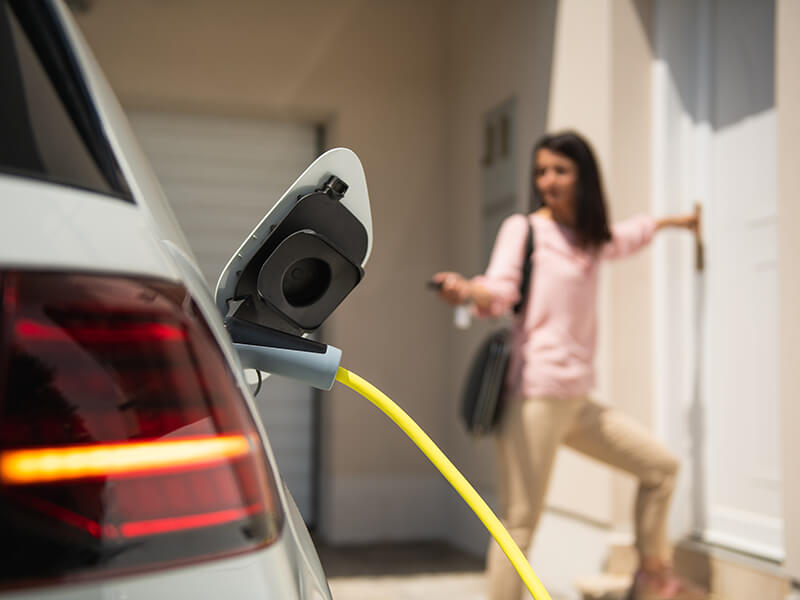
While your electricity bill will go up, the money you save from not having to purchase petrol or diesel, your electric car will save you money in the long run.
It can also be beneficial to explore electricity tariffs that are designed for EV owners, most of which offer cheaper electricity at night. While designed for EV’s these tariffs can also save you money for your home.
Additional thoughts
Another essential element to factor into your final decision is how long your vehicle takes to charge. One of the most significant drawbacks to EV’s is the time it takes to get an empty battery to a full charge. Charging from home poses its own specific set of challenges, as you shouldn’t be relying on a standard three-pin plug to get your car to charge. Firstly, fuelling-up this way would be a massive fire hazard and should definitely be avoided for this reason alone! Secondly, you’d have to wait a while to fill your battery, and by “a while”, we mean almost 40 hours.
It’s possible to install a wall box on the side of your property (some dealers will include one with the car) that can make charging overnight a doddle. If you have to use public chargers, then things may become a little more complicated. Not all chargers were created equally, and some won’t “speak” to your car, while others may only transfer a modicum of energy over a 12 hour period. Fortunately, there are plenty of apps to help you find the nearest charger that’s suitable for your car, but just hope no one else is using the charger you have your sights set on!





